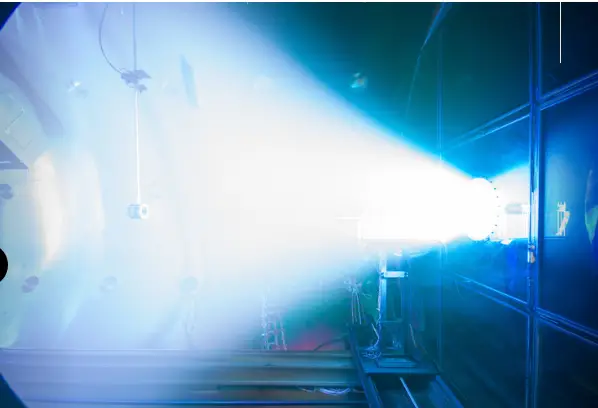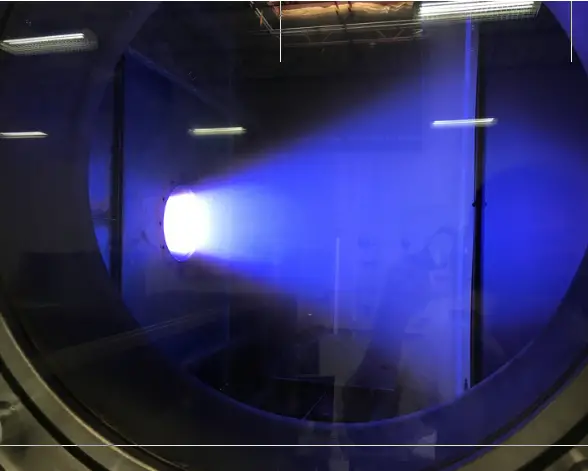The Ad Astra Company has finished its second year of contract with NASA. The business has been authorized to continue working on the VASIMR plasma engine.
The nine million dollar contract aims to operate a powerful jet propulsor known as 200SSTM VASIMR. This machine has an output power of 100 kW and has been put through 10 hours of continuous firing test so far.
“After performing 10 hours of testing, Ad Astra has been authorized to continue with the project for another year” – reported the company led by Franklin Chang, a NASA exastronaut. Now, the next goal is to reach 100 hours of firing testing.
The next steps to follow are focused on a new thermal system for the rocket and design modifications so that the propulsor can be operated everlastingly.
“These changes are necessary to handle a thermal charge in a plasma exhaust at temperatures of 3 million centigrades. These modifications were approved after 10 hours of testing finally completed last August 1st” -said one of the Ad Astra’s scientists.
The third year of the cooperation agreement called NeXTstep will end by July 2018. They are currently trying to enhance the firing system and the rocket hardware.
Matt Giambusso, the researcher assistant, pointed out that this progress increases the project vialibility.
“The achievement of this goal shows the feasibility of this technology and the efficiency of Ad Astra team. I feel proud to be part of this team” – he said.


According to some reports published by the corporation, over $30 million have been invested in this project. The project will support the commercial-space logistics of transportation to the moon. It will be also utilized for space exploration by NASA.
Chang has been working on the development of this technology since 1979.
In this video, Costa Rican scientist Franklin Chang shares more details about the new propulsor.
